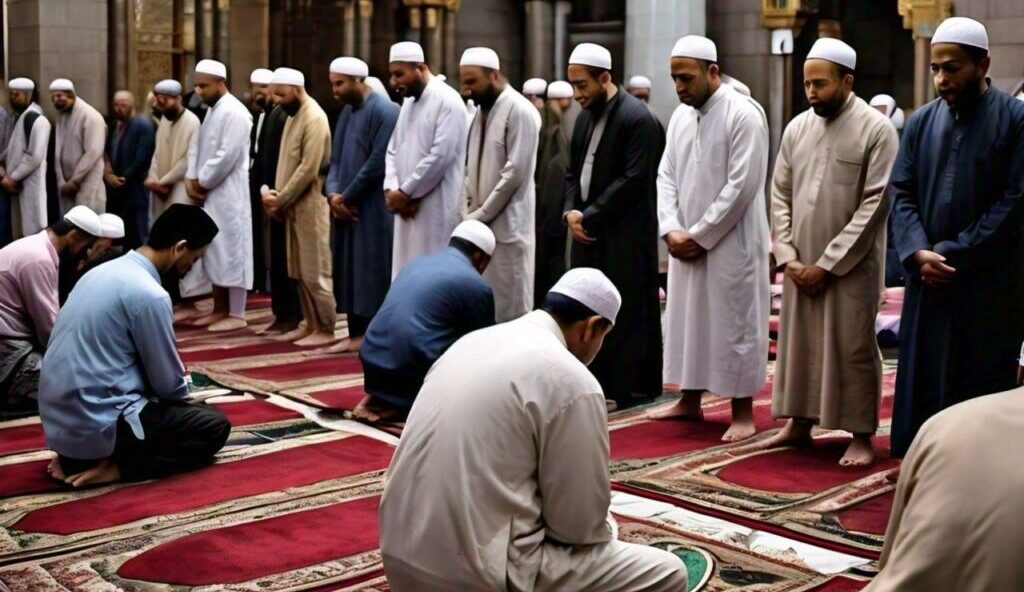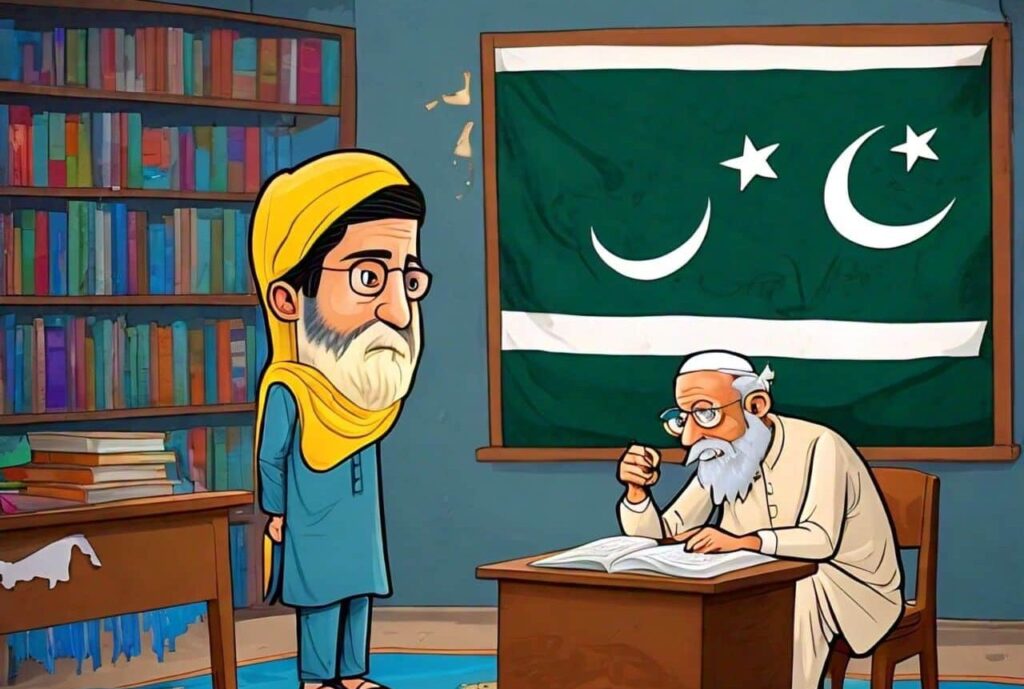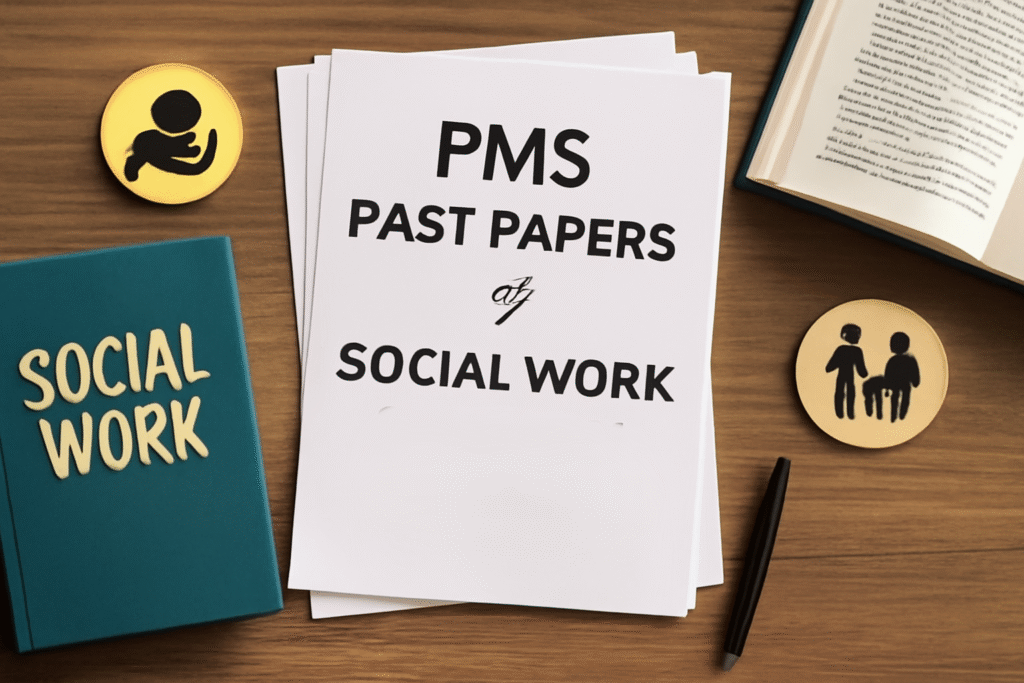It is a very common question in Pakistan for graduates how to prepare for competitive exams, i.e., PPSC, FPSC, NTS, etc. There are hundreds of subjects and millions of graduates are passing out annually. However, fewer are getting jobs in the government sector. Who are they? Are they aliens? Have they some spiritual power? Or are they just lucky? Not at all.
They don’t find shortcuts and do not rely on external sources like getting jobs with money, the support of influential persons, and other unethical means. Those who get a job are consistent, hard workers, devoted, enthusiastic, and well-guided. These are common attributes of job seekers.
Most of the jobs announced by different organizations are based on general knowledge, and some of the jobs are specifically related to that particular subject. This article will discuss how social workers should prepare for competitive exams, particularly based on their specialization, i.e., social work. However, most of this article is also helpful for graduates of other disciplines and jobs with General Knowledge as course content.
Core Belief: Don’t Wait for a Job. Just Start from Today.
Step 1 – Revision
If you are studying in any semester or have done your graduation, first you have to revise what previously you have studied. Although students in Pakistan have a bulk amount of time during their graduation, they usually prefer to start in-depth study after graduation. It’s not good at all. If you have completed your graduation, you have to start from your 1st semester (usually, specialization starts from the 5th semester in Pakistan for BS students).
- Take the books, notes, and notebooks of the 1st (5th) semester.
- Get a highlighter and start highlighting your data from each of these sources.
- Take each course of that particular semester, and make it colorful with the highlighter.
- Similarly, follow each course of each semester and highlight the important data by considering your subject-based tests and interviews in mind.
- Then, it is better to type this highlighted data or make handwritten short notes.
Here, your revision is done. For this one activity, you have revised twice, first while highlighting the data and second, when typing or making notes of your data.

Do you know why it is needed? Rather than studying new and fresh data, first, you have to revise what you have already studied. It will have several benefits:
- Revision of your each semester courses.
- Compilation of the scattered data.
- Motivation for getting jobs.
- Motivation for acquiring knowledge.
- Revealing your strengths and weaknesses.
- Set direction for where to go and how to move forward.
Step 2 – Material Collection
Without advanced instruments, you cannot survive in the battle. Similarly, you cannot move forward without advanced materials, which are common and trending in the market. Here is the time to jump into the ocean of knowledge and collect whatever you can. Spend at least one or two weeks collecting material from the following sources:
- Get books from your different sources.
- Websites related to your subject and General Knowledge.
- Notes from your personal relations, i.e., friends, teachers, etc.
- Join Social Media groups and pages, i.e., Facebook, WhatsApp, etc. Such as the “All Pakistan Social Workers Network” group on Facebook and WhatsApp groups like “Social Work Aspirants”.
Objective Material Collection
All major sources have been mentioned above. From these sources, you have to collect and save MCQs data. Let’s explain the sources mentioned above from MCQ’s point of view:
- Social Work books are available in the market; however, the most valuable book for social work MCQs is “Social Work MCQs” by Rai Muhammad Iqbal Kharal & Iffat Ashiq, ilmi Publishers. Furthermore, recommended books for General Knowledge are;
- “PPSC Model Papers” by Imtiaz Shahid,
- “Capsule General Knowledge” by ilmi Publishers,
- “General Knowledge MCQs” by Carvan Publishers.
2. Various websites provide MCQs of social work, such as socialworkmethods.com and many others. Simply write Social Work MCQs in Google, and you will find several websites where this data is available. Furthermore, websites for General Knowledge are;
3. Approach your Teachers and friends to collect valuable MCQs they have.
4. Go to Facebook and in its search bar; just write “Social Work MCQs.” You will find various pages and groups with MCQs data; join them all. Go to the “All Pakistan Social Workers Network” group, and in the search bar of that group, write “Social Work MCQs” and save the available data.

Subjective Material Collection
All major sources have been mentioned above. From these sources, you have to collect and save subjective data. Let’s explain the sources mentioned above from a subjective point of view:
- Get Social Work books from your different sources. The most prominent social work books are; Introduction to Social Work and Social Welfare by Charles Zestrow, Introduction to Social Work and Social Welfare by Karen K. Kirst-Ashman, and Social Work Theory & Practice by Dr. Muhammad Khalid.
- The website socialworkmethods.com provides you with subjective material on each topic. The articles available on this site are presented by consultation with various books rather than merely copy pasting from different websites or AI tools. Many other websites are available, but the authenticity of their material still needs to be tested.
- Get notes from your teachers and friends.
- Social Media platforms provide you with various valuable books. So stay in touch with these platforms.
Step 3 – Organize
Scattered data create misconceptions, lead to lower motivation, and waste your time. So, it is immensely important to make separate folders and sub-folders in your laptop for each category, course, and nature of the material, i.e., subjective or objective. It will psychologically assist you in studying because you know you will reach up to your required documents in a few clicks. Moreover, save your organized data in different places at a time, like a hard drive, USB, Google Drive, email, etc. So you can avoid any loss of data.
Step 4 – Study
This is where you must burn the boats and get socially disconnected for a few months merely to focus on your bigger goal. Try to set higher standards for preparation because bigger goals need higher efforts and ultimately lead to success.
Objective Portion
Note that focusing on MCQs could help you pass the written test, but it is not enough for the major task, i.e., “interview.” You know an interview has 50% weightage while a written test has 25%, and your previous degrees have 25% weightage in competitive exams. So, if you have prepared well MCQs, you have covered 25% of the area for the job. Therefore, you should prepare MCQs at the end. I strongly recommend that you first go for the subjective portion; it will help you to solve MCQs automatically.
How to prepare MCQs? There is a very common mistake while preparing MCQs. A candidate studies all the options while preparing MCQs. It is not a right way to get prepared. Rather, it will create ambiguities as to which option is correct. Therefore, while preparing MCQs, you first write the correct answer in front of each question (in case of preparation from hard form) and only focus that correct answer rather than reading all options.
Because you actually need the right answers rather than different options. So, your focus should only be on the right answer. In the first reading, find and write the correct options, and in the second reading, hide the correct option by covering it and try to recall the answer without seeing the right answer. In short, prepare MCQs in fill-in-the-blank style rather than choosing from different options. Lastly, I strongly recommend discuss prepared MCQs with your friends; it will help you memorise for a long time.
Subjective Portion
The subjective portion is crucial and needs a long time to prepare. But, as I mentioned above, its weightage is 50% for interview, so your major focus must be the subjective part. For this purpose, make an outline of each course you have studied. Then, study each topic from at least 2 to 3 sources, i.e., books, notes, websites, etc.
For instance, you study “components of social casework” and try to prepare it from at least three sources. It will help you clarify concepts, get different expressions of literature, and improve social work (your subject) terminologies. It is your subjective portion that gives you confidence in the interview. With emphasis on the subjective part, you get knowledge and have clear concepts about each topic. Therefore, the chance of selection is higher in this case.

Step 5 – Mock Tests
- Discussions: After studying for a few months, you need to test yourself with discussions on different topics from subjective portion with your peer group, teachers, etc. It will boost your confidence and also highlight your weaknesses and strengths.
- Website Mock Tests: You randomly go to different websites and try to solve MCQs by yourself.
- Mock Interviews: The most important part of the last step is mock interviews. Present yourself to your teachers and officers from different organizations, and ask them to conduct your interview formally. Maximum mock interviews will improve your knowledge, confidence, and, especially, the manner of the interview.
Conclusion
Do you think you need an academy now for preparation? No way, they are just money-makers. The only benefit you get from these academies is “motivation.” I suggest, if you do not get prepared by at least 50%, don’t go for the tests and waste your time, energy, and money. Because there is a huge competition and your destiny is annexed with your hard work rather than a fluke or luck.
Appearing in the test without preparation will diminish your morale, and soon, you will be disappointed. However, Nothing is impossible because the word “impossible ” is the combination of “I-m-possible.” You have spent 16 years of education, and now you must prove yourself: a failure or a successor. You will get what you want if you even spend six months to one year after graduation.
This one year of hard work and consistency will pay you in return up to death. So it’s not a big deal to secure your future. These steps for preparation look lengthy and time-consuming, but it depends on how much time you allocate. Less time allocation means more months you need, and more time allocation means less months you need to achieve your goal. Lastly, don’t forget that bigger goals require bigger sacrifices.






